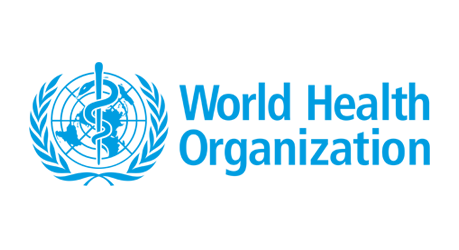Global Monitoring: UN-Water Global Analysis and Assessment of Sanitation and Drinking-Water (GLAAS)
Leading Entity
United Nations System-wide Strategy for Water and Sanitation
The Contributing Actions are key initiatives supporting the United Nations System-wide Strategy for Water and Sanitation, aligning individual and joint efforts across UN entities and partnering organizations to advance global water and sanitation goals. These actions are integrated into the Collaborative Implementation Plan (CIP) Results Framework 2025-2028, which provides a structured approach to achieving system-wide impact through coordinated UN efforts.
The Priority Collaborative Actions outlined in the framework focus on enhancing water security, improving governance, strengthening climate resilience, and accelerating progress on sanitation and hygiene. By fostering system-wide collaboration among UN agencies, these actions help drive policy coherence, knowledge sharing, and innovative solutions to address the world’s most pressing water challenges.

